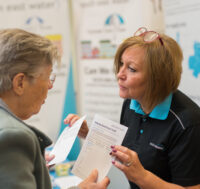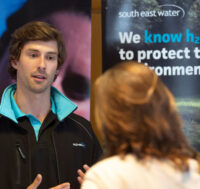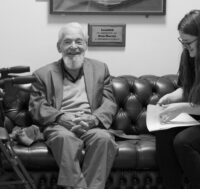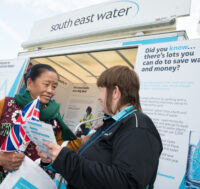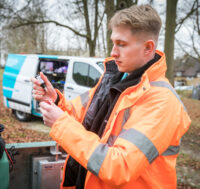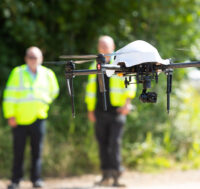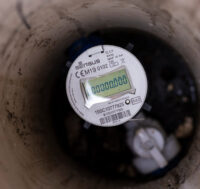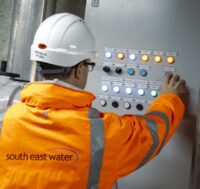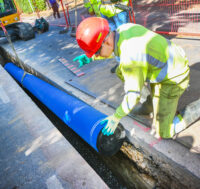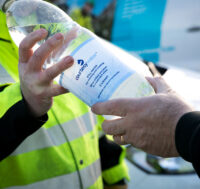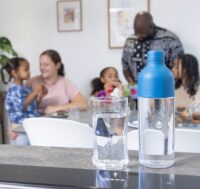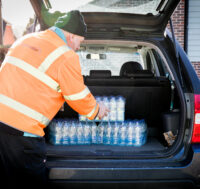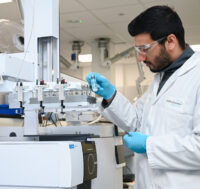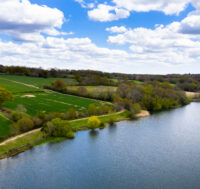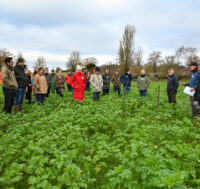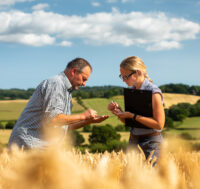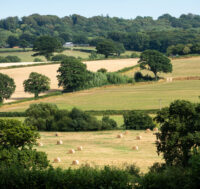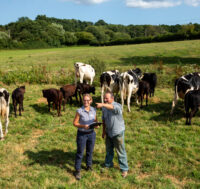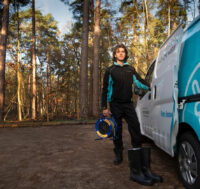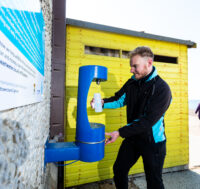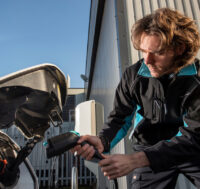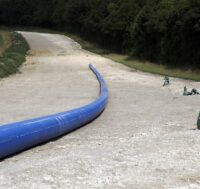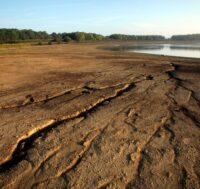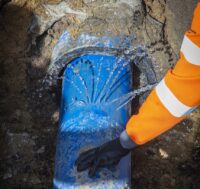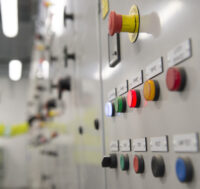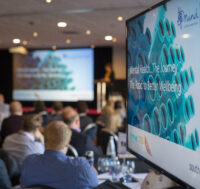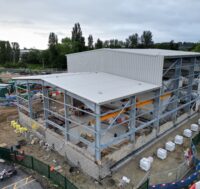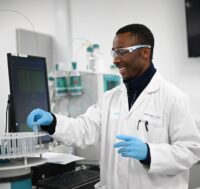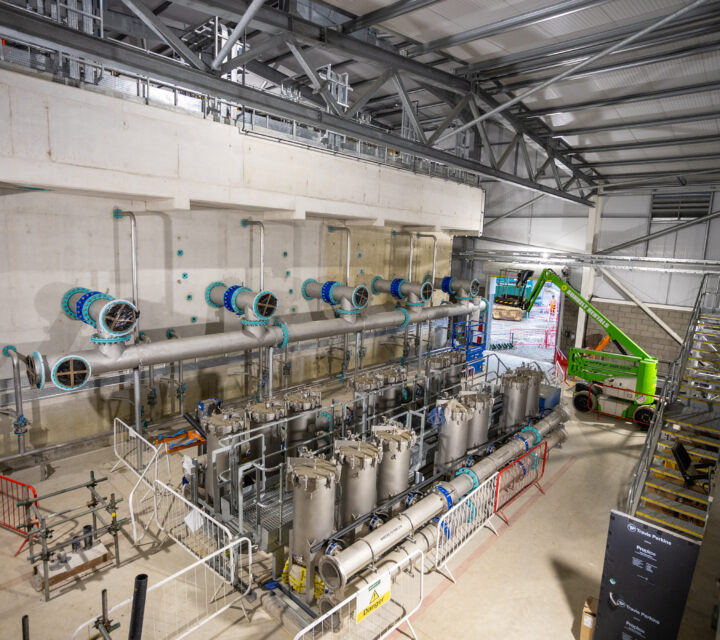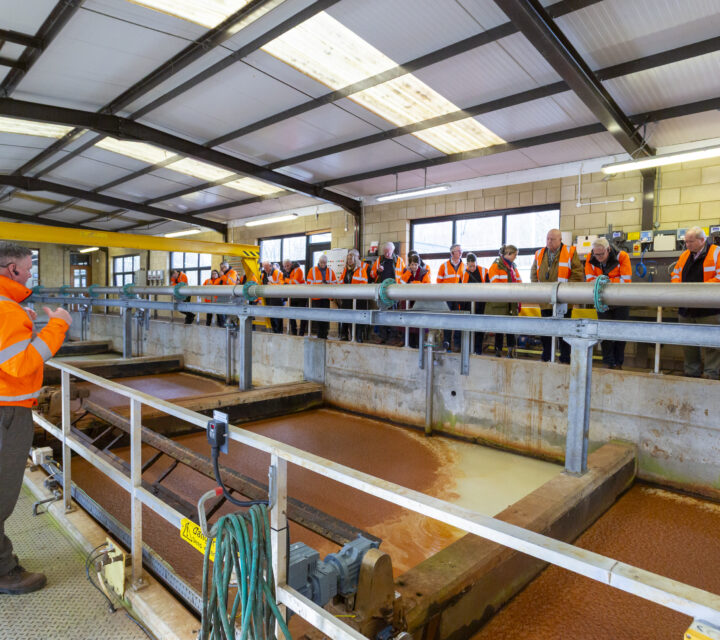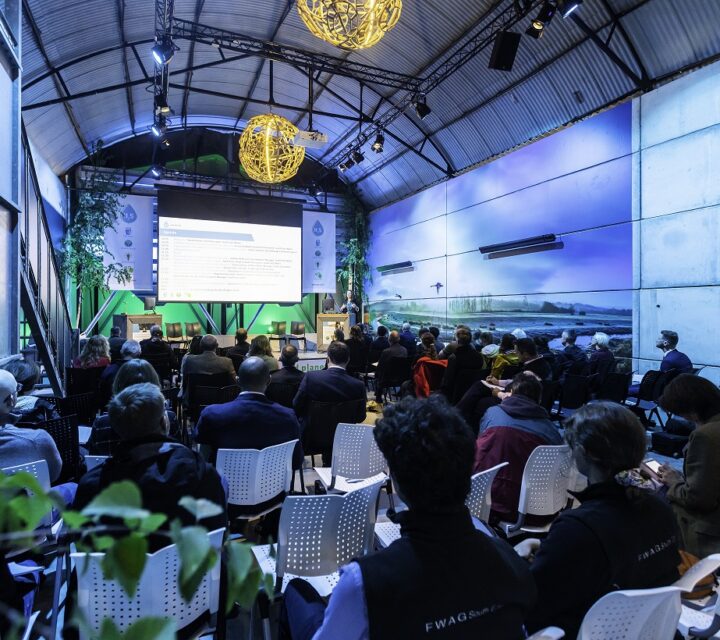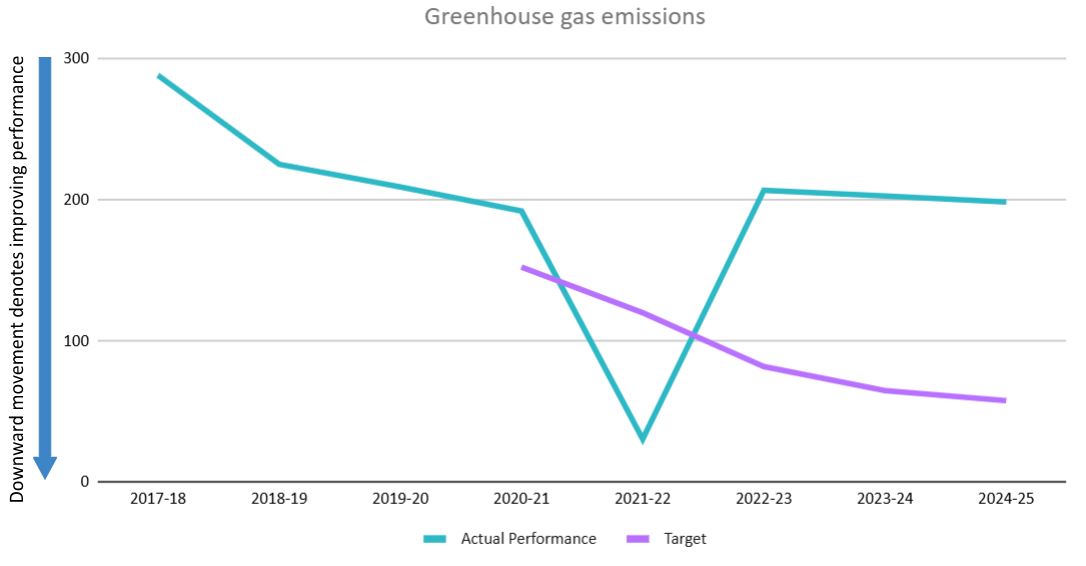
The water supply process is extremely energy hungry due to the sheer weight of water and the processes involved.
Despite this we are committed to the industry’s ambition to be Net Zero Carbon for operational emissions by 2030.
A routemap to achieve this stretching target has been devised and we are committed to doing what we can right now. You can read our routemap here.
Our performance commitment for 2024/25 sets a target to reduce operational greenhouse gas emissions to 58 kg of CO2e per million litres of water put into supply.
How have we performed?
During the 2024/25 period, our greenhouse emissions have decreased slightly to 203 kgCO2e/Ml, but unfortunately still leads to underperformance against target.
The reason for not meeting our performance target is a consequence of our energy no longer being backed by REGO (renewable energy guarantee of origin) certificates. This is due to the volatility of the energy market causing REGO costs to increase beyond our funding constraints.
Green energy via REGO purchase was however only a short-term solution. Our longer-term solution was to directly secure green PPAs for our grid energy, and we are now in the final stages of securing our first green PPA to provide around 40 per cent of energy requirement. Not only do these agreements give confidence to both ourselves and our stakeholders in the source of our renewable electricity, but also that, through our Power Purchase Agreements, we are supporting the expansion of additional renewable energy generation capacity and enabling further decarbonisation at a national level. In addition, we are looking at options to install renewable solar energy on our own sites. Our capacity to do this is limited, given limited land availability, however we are looking at options from ground mounted solar, to canopies, through to floating solar on some of our larger surface water bodies.
We will also continue to increase our use of electric vehicles (EVs), thereby replacing the use of traditional combustion engine vehicles, which has assisted in reducing our operational carbon footprint. We now have 30 EVs included in our vehicle fleet, which are used for a range of business activities, as well as a further eight electric vans on order. The continued use of EVs allows us to understand their benefits, constraints and requirements to develop our fuller EV replacement strategy.



